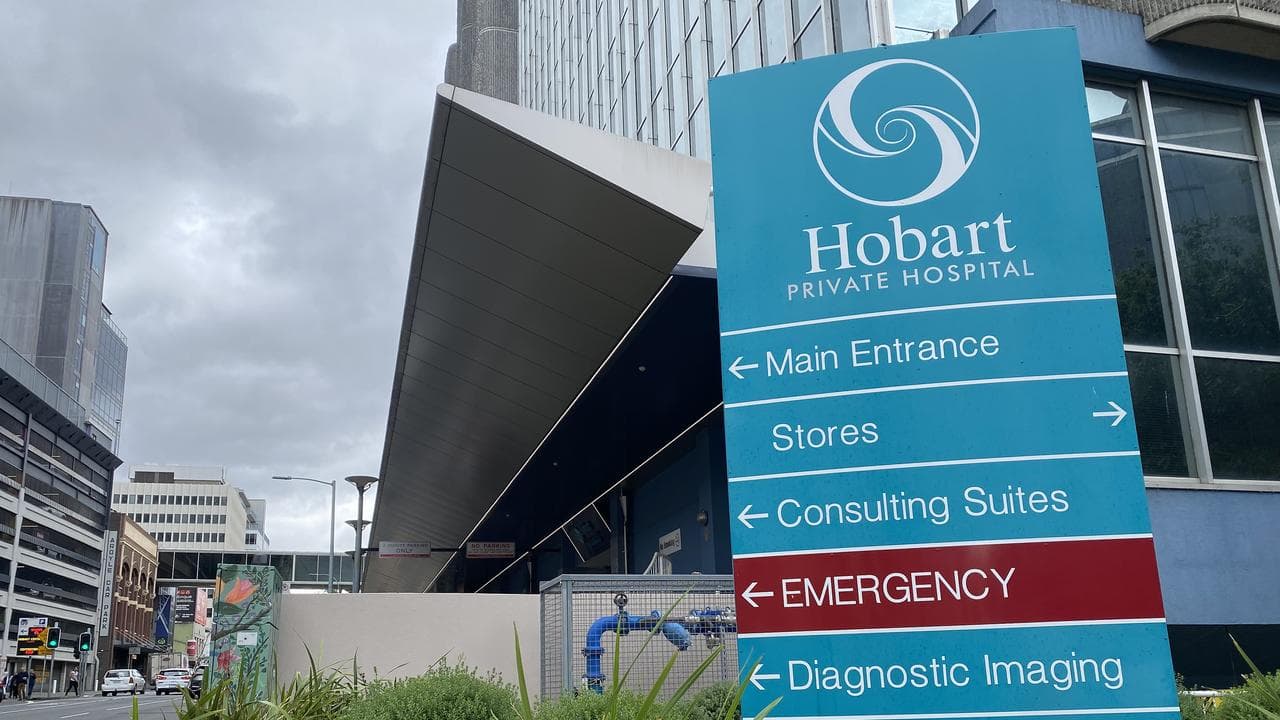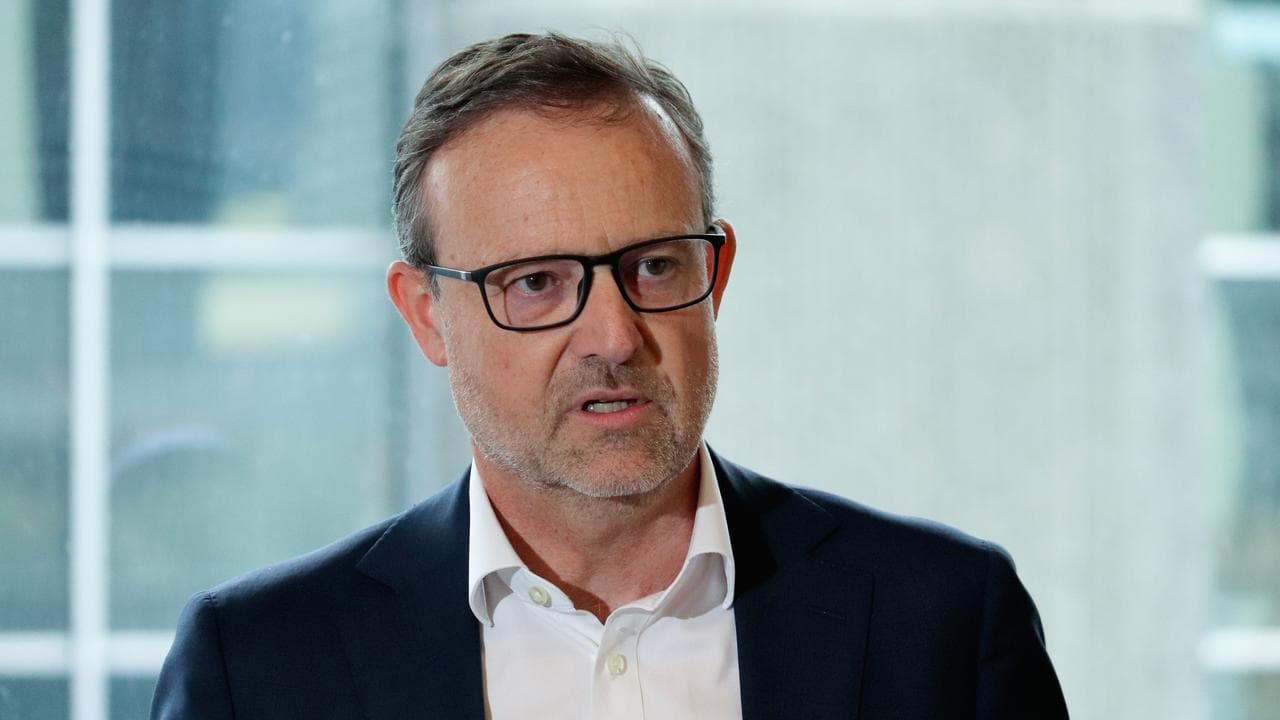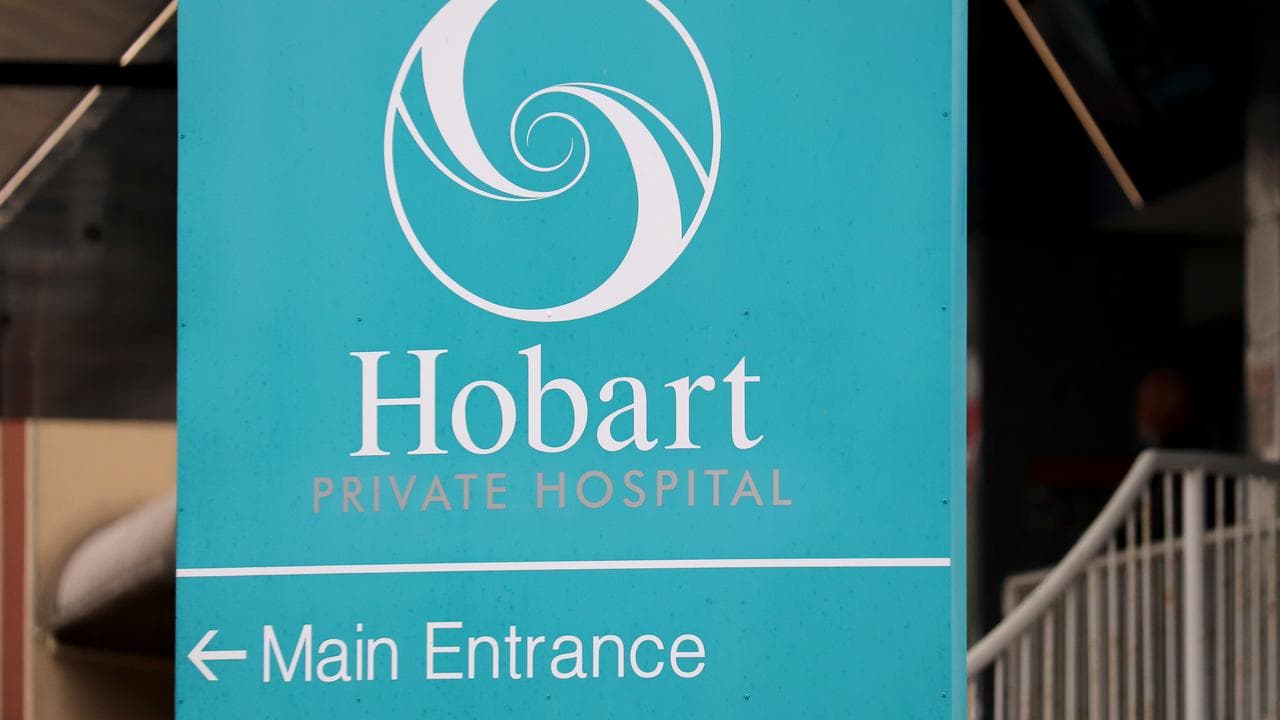
Maternity wards at two private hospitals are set to close in a move labelled a "disappointing blow" to women seeking maternity care.
Healthscope announced it would cease maternity services at Darwin Private Hospital and Hobart Private Hospital from April 17 and August 20, respectively.
The private provider cited a declining birth rate and local skills shortages in Darwin and ongoing workforce challenges in Hobart as reasons for the closures.
Despite a national recruitment campaign over the past 12 months, Hobart Private had been unable to attract qualified midwives to work in the maternity ward, Healthscope Victoria/Tasmania state manager Chris Hewison said.
Instead, the hospital has been flying in and accommodating up to six full-time agency midwives, half the midwives needed to staff the ward, to maintain a safe service for families in Hobart.
Hobart Private oversaw 510 births in 2024, in its seven birthing suites with about 23 beds.
"This is an extremely challenging day and this decision has not been reached easily," Mr Hewison told reporters in Hobart.
"This is about our ability to attract and retain suitably qualified midwives and the workforce shortages we've been experiencing."

But the Australian Nursing and Midwifery Federation's Tasmanian branch believed the decision was because of poor revenue from obstetrics.
"It is disappointing that yet again Healthscope have put profit over patient care and sadly it is women and babies that will again be most affected with a reduction in maternity care options for women in the south of the state," the federation's Tasmanian branch secretary Emily Shepherd said.
"This is another disappointing blow for women in the south of the state, removing more options for women to birth with now limited private options."
Insurers needed to step up and pay hospitals for delivering healthcare, Australian Medical Association Tasmania branch president Michael Lumsden-Steel said.
"What we need to do is reset the conversation with the health insurers," Dr Michael Lumsden-Steel said.
"It's time to say, look, you're taking the money from the patients (and) it's time to pay the hospitals to deliver the product that patients are receiving."
Birth rates at Darwin Private Hospital have steadily declined over the past decade, from nearly 700 births in 2013 to less than 300 births in 2024.

The maternity situation had been worsened by increasing difficulty accessing experienced clinicians, in particular pediatricians.
These two factors were behind the decision to close the private hospital's maternity ward, Healthscope's NT manager Tim Daniel said.
"This was an incredibly difficult decision - we understand the significance of maternity services to families and the community, and we deeply regret the inconvenience and concern that the loss of this service will cause," he said.
Health funds would support affected members to find alternative maternity care, Private Healthcare Australia chief executive Rachel David said.
But she rejected the claim private maternity units were closing because of a lack of funding from health insurers.
"The barriers to sustainable private maternity services have little to do with health funds and won't be fixed by additional funding to private hospitals alone," she said.
"They include the shortage of obstetricians, midwives, anaesthetists and paediatricians in some parts of Australia."




